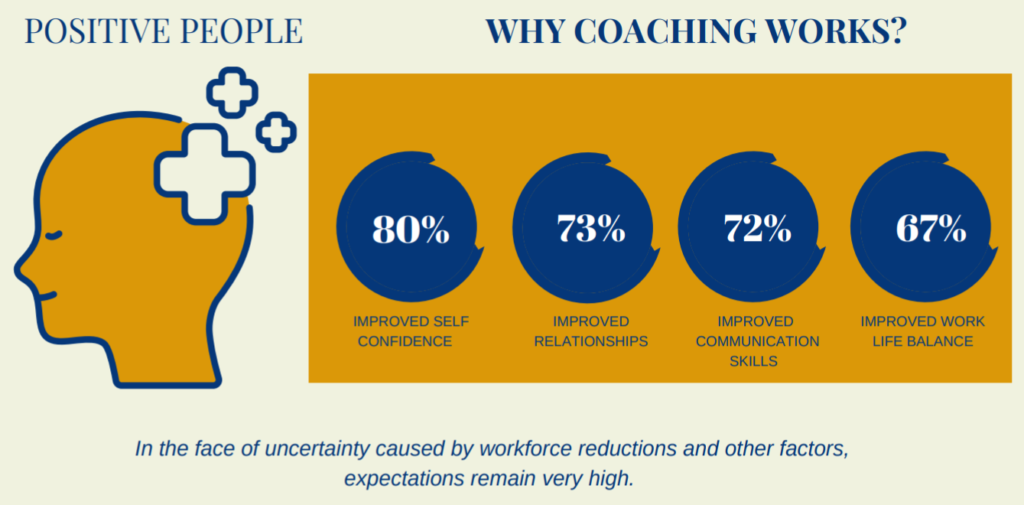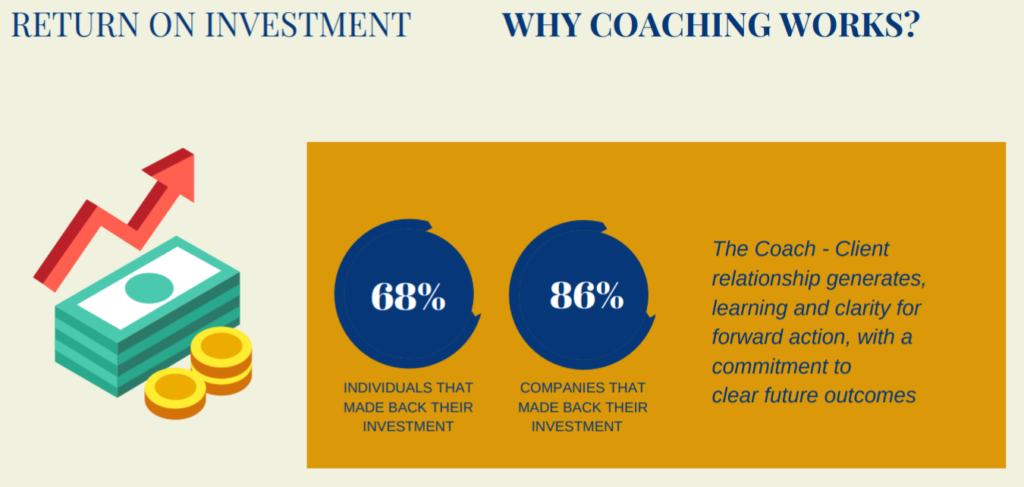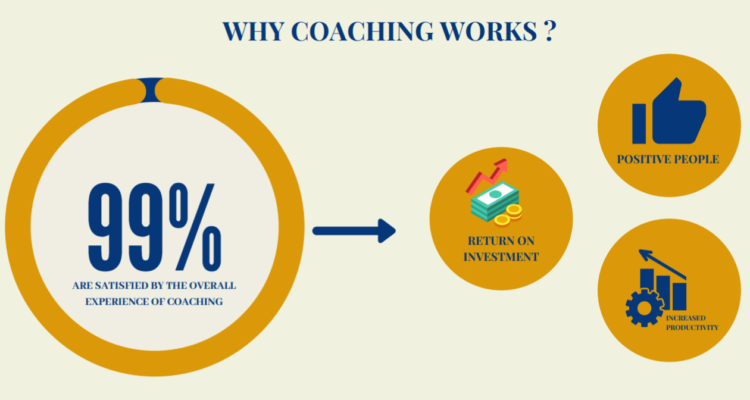Is Coaching for you?
Various development methodologies are emerging, which may cause people/organizations to be confused about what they might need and what to expect from the approach they choose. As there is some overlap between the various approaches, here is a quick overview about mentoring, training, consulting, coaching and counselling to enable you to choose the right option for you.

Summary of the 5 development methodologies
What is consulting?
Consulting is defined as the business of providing expert advice to a specific group of people. A consultant is an expert who is called on for professional or technical advice or opinions. They are relied on to understand the problem and present solutions. Consulting is unlike coaching because with pure coaching, the answers come from the client.
What is mentoring?
Mentoring can be defined as someone with more experience and expertise offering advice to someone with less experience. Mentors typically work with developing coworkers. Companies often assign mentor relationships, but they can also develop spontaneously. Mentors give advice based on their personal and professional expertise. Meeting agendas are typically mentee generated, as well as development-based questions. The mentee will benefit from the relationship by choosing to follow the mentor’s path toward development and requires a high level of accountability from the mentee to benefit from the mentoring relationship.
What is training?
Training is the process of providing a set of people a systematic learning and development opportunity to hone and develop specific competencies. The goal is to apply this knowledge towards improving ones capability, performance and productivity.
How does coaching benefit individuals?
The personal benefits of coaching are as wide-ranging as the individuals involved. Numerous clients report that coaching positively impacted their careers as well as their lives by helping them to:
- Establish and take action towards achieving goals
- Become more self-reliant and confident
- Living a more meaningful life, making intentional choices.
- Take greater responsibility and accountability for actions and commitments
- Communicate more effectively & build better relationships.
(source: Ken Blanchard Companies)
How does coaching of employees benefit organizations & their employees?
Coaching in organization and leadership settings is an invaluable tool for developing people. The benefits of coaching are many; 80% of people who receive coaching report increased self-confidence, and over 70% benefit from improved work performance, relationships, and more effective communication skills. 86% of companies report that they recouped their investment on coaching and more (source: ICF 2009).
- Empowers individuals and encourages them to take responsibility
- Increases employee and staff engagement
- Improves individual performance
- Helps identify both organizational and individual strengths and development opportunities
- Demonstrates organizational commitment to human resource development
How does coaching benefit college students?
Or educational systems focus on training us on various vocational skills but not so much on life skills. Working with a coach early in life gives us a head start. It helps us be better prepared for life.
- Well informed choices on educational and career paths.
- Increased Self Confidence.
- Better personal & professional development.
What is counselling/therapy?
Counseling is focused on the psychological well-being of an individual. It is a retrospective based process of gaining understanding and insight into any difficulties an individual may be experiencing. It helps develop emotional resilience and address fears to adopt constructive life practices to bring about real change. Counseling can be practiced only by licensed professionals. Unfortunately, there still exists a stigma around counseling but can prove to be useful for relief from psychological suffering.
What is coaching?
The ICF defines coaching as “partnering with clients in a thought-provoking and creative process that inspires them to maximize their personal and professional potential.”
Coaches work with clients in a collaborative process. The agenda for each conversation is developed by both parties. Rather than giving advice, coaches gather information in the co-created process of change. A coach’s job is to ask questions from a curious stance that will provoke thought in a growth-oriented direction. Coaches see their clients as a whole and having the answers inside of them. Together, pathways to new ways of being in the world are developed. For the coaching process to be effective a mid to high level of accountability is needed from the client.
The field of coaching is diverse and covers many different areas of development. Coaches are human potentialists who use various coaching tools in providing a safe space for client transformation. If coaching is what you need, read on below to understand how

Per an ICF (International Coaching Federation) study, coaching restores self-confidence and trust enabling positivity.

Per the ICF, coaching is a thought provoking process supporting individuals to confidently pursue ideation & solutioning.

Per the ICF, coaching offers a significant ROI for individuals & organizations.

I believe in a solution focused personalized approach to coaching, which is not a one size fits all. So whether you are an individual, organization or academic institution (college), if you are ready to reignite your vision, recreate your story and move forward with a regained sense of purpose – I’m here to take you on that journey!
